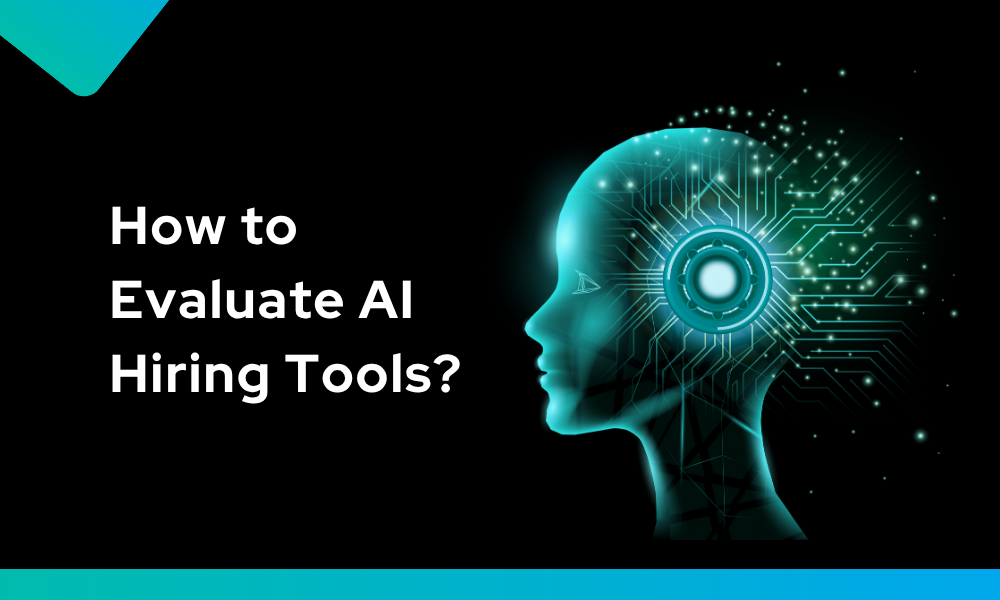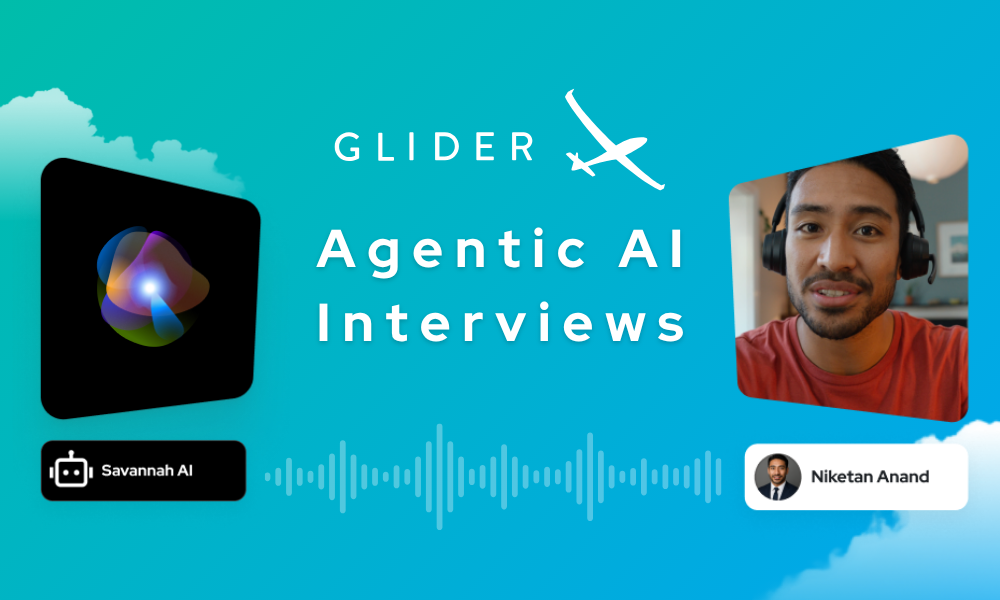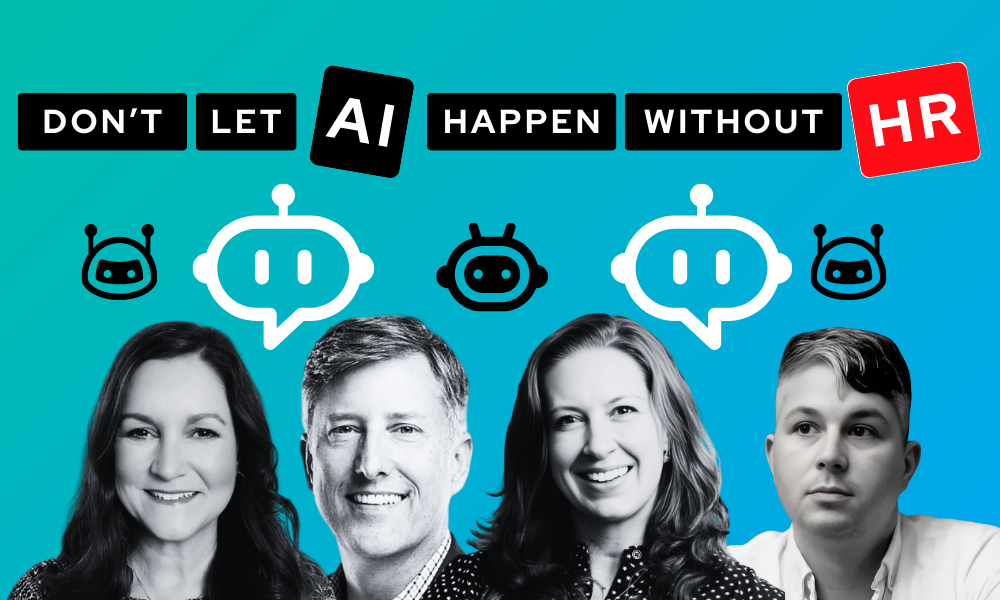
Make talent quality your leading analytic with skills-based hiring solution.

Did you know that 37% of job hunters have admitted to lying on their CVs? This is why it’s important to look beyond what’s written on a resume and instead use skill assessment tools to validate a candidate’s real-world abilities and fit for the role.
There’s no single “best” method for assessing candidates. The right types of skill assessment to use will depend on the specific role, company culture, and available resources. Here are some general guidelines:
Are you hiring for a technical position, such as a software developer or data scientist? Here are some talent assessment tips to keep in mind:
💡 AI can be a great help in automating some aspects of technical skill validation. For example, Glider can assess problem-solving skills through empirical tests in different programming languages, operating systems, and other technical environments.
While not always a guarantee of skill, relevant certifications indicate a baseline level of knowledge and commitment to a field.
Look for designations such as AWS Certified Solutions Architect for cloud computing roles or Certified Information Systems Security Professional (CISSP) for cybersecurity positions, and verify if candidates have kept them up to date.
When applicable, assess the quality and complexity of projects the candidate has worked on before. Pay close attention to specific skills they utilized, and discuss the challenges they faced and overcame in those projects.
Are you hiring for a non-technical position, such as a project manager or a marketing specialist? Try these talent assessment strategies:
💡 Glider AI supports cognitive, interest-based, and situational assessments to make it easier to measure soft skills and evaluate candidates holistically.
Verify any information provided by the applicant, including employment history and education. Check for any criminal records or legal disputes that could affect their suitability for the role.
Contact the references the applicant provided (with their written consent) to verify information and gain insights into their work ethic and performance.
Analyze responses to situational judgment tests and behavioral interview questions to identify potential concerns. Read our behavioral assessment blog for a deeper and detailed understanding.
💡 AI technology can automate and streamline data gathering for background and reference checks, as well as analyze responses to integrity-focused questions. Book a demo with Glider AI to see this in action!
Use validated tools to gain insights into personality traits, cognitive abilities, and potential for success in the role.
💡 Glider AI supports psychometric assessments.
Develop realistic simulations that mimic real-life job situations and assess candidates’ performance under pressure. In a software development role, you can use Glider to test candidates with coding simulations and other technical challenges.
Bring in different interviewers to gain multiple perspectives. Aside from HR personnel, include a mix of team members from the specific department and potential cross-department collaborators.
Gather feedback from all stakeholders involved in the assessment process, and then use this feedback to refine your methodology for future hires. This helps keep your recruitment process effective and aligned with organizational goals.
Accurate skill assessment is crucial for building a successful team. With a comprehensive skill assessment strategy that incorporates AI tools for better efficiency and accuracy, you can confidently select the best talent to drive your company’s success.
What are the benefits of skill assessment tools (particularly AI-based tools)?
AI-based skill assessment tools save time and offer objectivity by reducing bias, standardizing assessments, and providing precise skill evaluation.
How should I approach reference checks for prospective employees?
Always secure the candidate’s written consent. Focus your inquiries on job-relevant skills and behaviors (no discriminatory questions) and be mindful of legal boundaries.
What is the significance of skill assessment in the hiring process?
Skill assessments can predict job performance. It also enhances hiring accuracy by diminishing bias, streamlining recruitment, offering insights for development, and improving the overall candidate experience.
Why is cultural fit important, and how can it be assessed during hiring?
Assessing cultural fit decreases turnover, enhances teamwork, fosters innovation, and strengthens the company’s brand by ensuring employees share the organization’s values and work well together.
What are the benefits of incorporating simulated work scenarios in the assessment process?
Simulated work scenarios provide a realistic evaluation of a candidate’s real-world abilities. They test critical and analytical skills, measure essential soft skills, predict how well a candidate fits the job, and standardize the evaluation process for fairness.

Buying AI-Powered Hiring Tech? Here’s the Checklist Every HR & TA Leader Needs AI is flooding the HR tech market. From sourcing to screening to interviewing, nearly every vendor now claims to have “AI-powered” solutions that promise faster, fairer, smarter hiring. But how do you evaluate AI hiring tools in a way that cuts through […]

How Glider AI’s Agentic AI Interviews Help Companies Hire Smarter, Faster, and Without Risk The hiring process isn’t just outdated—it’s overwhelmed. Recruiters are drowning in resumes. Interviewers are stretched thin. And companies are paying the price in wasted time, missed talent, and rising fraud. Traditional interviews simply can’t keep up in today’s high-volume, high-risk environment. […]

Key Insights from the Unleash Webinar – Human Leadership in the AI Era The future of work is being shaped by AI—fast. But who’s making the critical decisions? Too often, it’s not HR. That needs to change. That’s why we partnered with Unleash to host a webinar, Human Leadership in the AI Era: HR’s Evolving […]